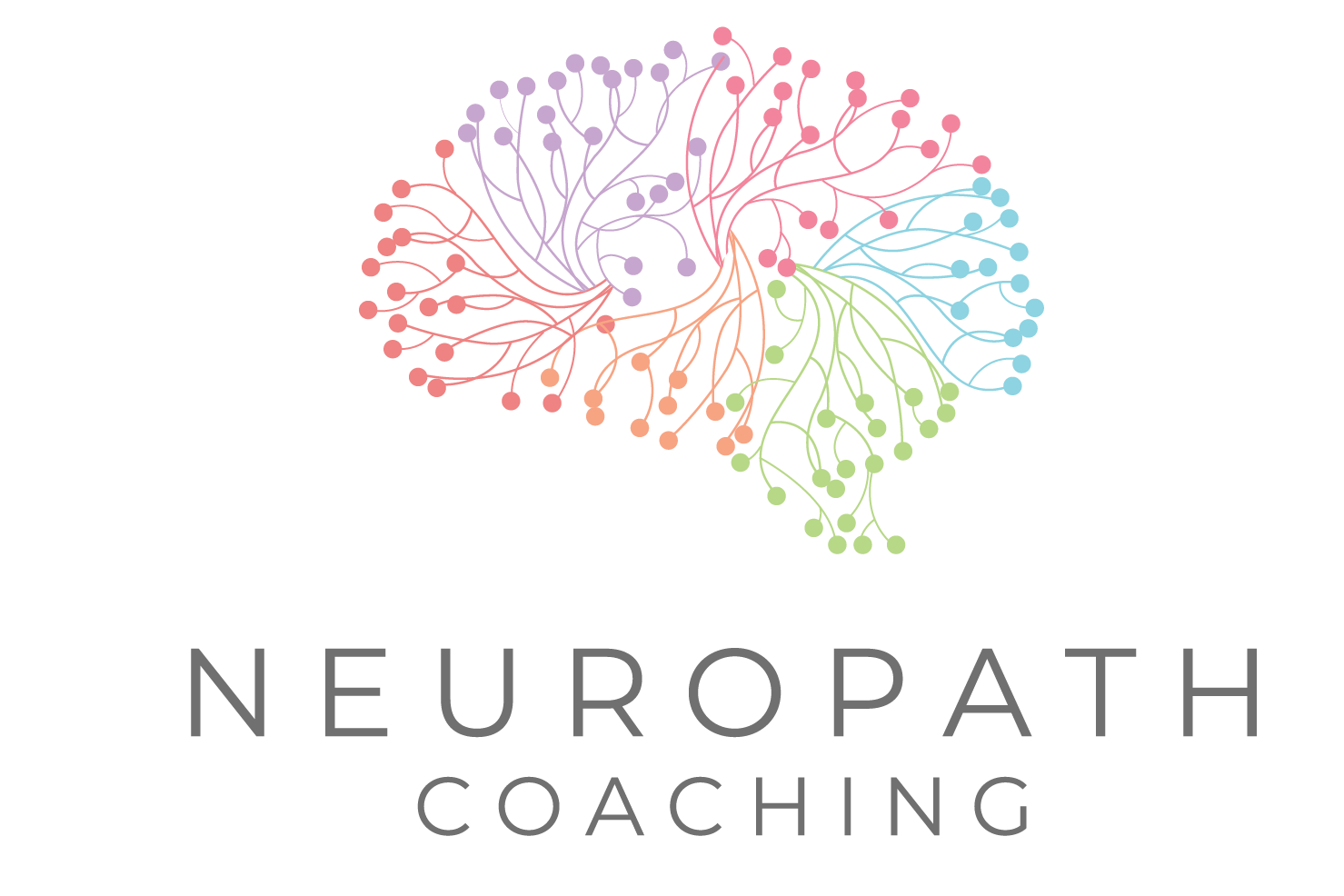The Neuroscience of Consumerism
We have all searched for something online—only to have that item follow us across Instagram, Facebook, on the side of our search engine and even our inbox, tempting us to buy.
Marketing campaigns are designed to keep you wanting. Every click, scroll, and pause is tracked, analyzed, and fed back to you in the form of personalized ads that tap into your brain’s craving for novelty.
Big brands know how to hijack your attention using neuroscience. They stimulate your brain’s dopamine system, make you think you need the item, and create a false sense of urgency that makes the “Buy Now” button feel impossible to resist.
But why does this work so well? And what can we do about it?
Let’s break down the brain science behind consumerism—and how to escape the cycle.

How Marketing Hacks Your Brain
1. Dopamine on Demand
Marketing isn’t just about visibility—it’s about manipulating your reward system. When you see something new and desirable, your brain releases dopamine, the chemical that fuels motivation and craving.
This surge happens before you own the item—just imagining it is enough to make you feel good. Add flashy visuals and a countdown timer, and your brain goes into overdrive.
2. Cookie Trails & Endless Ads
Your online behaviour is constantly tracked. If you click on a pair of trainers (sneakers), expect to see them everywhere you go online.
This constant reinforcement keeps the product top of mind and fuels the illusion that it’s something you need.
3. Impulse Triggers & Instant Gratification
Flash sales. “Only 3 left.” “10,000 five-star reviews.” These are classic dopamine traps.
They bypass your rational thinking and tap into your mirror neuron system, which makes you more likely to copy what others are doing. You don’t just want the item—you want the experience you believe it will bring.
The result? A fast dopamine hit followed by an inevitable crash—and the search for the next one begins.
Why Your Brain Loves ‘New and Shiny’
Novelty Bias
Your brain is wired to notice what’s new. Evolution taught us that novelty could mean opportunity or survival.
Today, that wiring means we’re drawn to the latest phone, the trendiest clothes, or the newest wellness trend.
The ventral tegmental area (VTA), part of the brain’s reward system, lights up in response to new stimuli, releasing dopamine that makes unfamiliar things feel exciting—even if we don’t need them.
Shiny Object Syndrome
Closely related to novelty bias, Shiny Object Syndrome (SOS) is our tendency to chase new ideas, tools, or purchases—only to abandon them once the excitement wears off.
- Entrepreneurs jump to the next idea before finishing the last.
- Self-help enthusiasts start a new routine every week.
- Shoppers buy and forget—without even using what they bought.
Why? Because the brain prefers short-term rewards over long-term satisfaction. And in a world built on scarcity, speed, and distraction, that loop is constantly reinforced.
How to Break the Cycle
You can rewire your brain. Here’s how:
1. The 24-Hour Rule
Pause before you buy. Giving yourself a day helps activate your prefrontal cortex (responsible for decision-making) and quietens impulsive urges.
Ask yourself: Would I still want this if it weren’t trending?
2. Limit Digital Triggers
Reduce exposure to ads and marketing by:
- Turning off personalized ads
- Clearing cookies
- Unsubscribing from marketing emails
- Spending less time following influencers selling a “lifestyle”
3. Find Better Dopamine Sources
You don’t need to shop to feel good. Try:
- Exercise
- Creative work
- Deep conversations
- Learning something new
- Completing a challenging task
4. Practice Gratitude
Gratitude shifts your focus from what you don’t have to what you already have. A quick daily gratitude list can change how your brain perceives rewards.
5. Stick With One Thing
Commitment might feel tedious compared to the excitement of something new—but it brings long-term fulfilment.
In business, self-growth, and even shopping:
→ Finish what you start.
→ Buy less and use more.
→ Focus on depth over novelty.
Take Back Control
Consumer culture thrives on your brain’s love of novelty—but you’re not powerless.
By becoming aware of how dopamine and marketing psychology affect your behaviour, you can make better decisions, spend more intentionally, and reclaim your focus.
Next time you’re tempted by something new and shiny, pause and ask yourself:
Am I in control—or is my brain being hacked?
Coaching Reflection Questions
- What’s one recent purchase I made on impulse?
- Where do I seek novelty in ways that don’t actually serve me?
- What long-term goals might I be neglecting while chasing distractions?
If you enjoyed this article, please subscribe and join the community to recieve our weekly newsletter with the latest insights!
